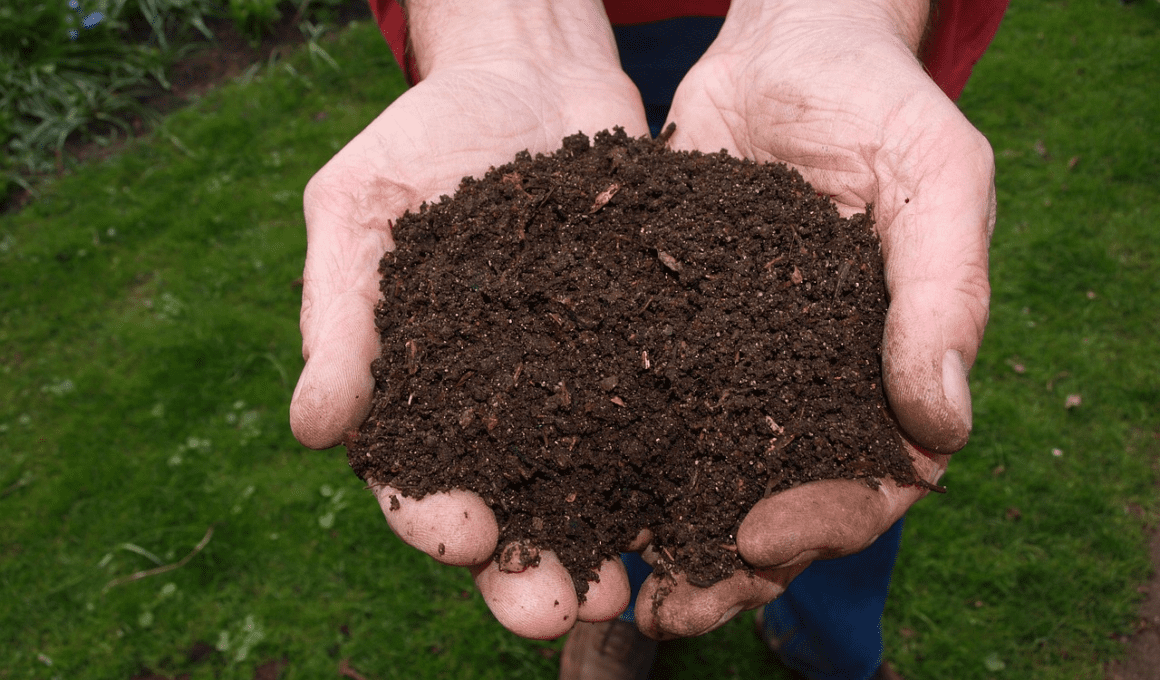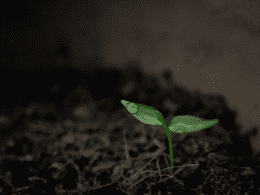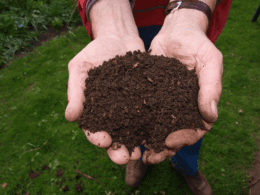Quick Takeaways
- Worm composters are efficient, odor-free, and space-saving solutions for recycling food waste.
- The article reviews six of the best worm composters and worm farm kits, highlighting their pros and cons.
- Important features to watch out for when purchasing a worm composter include size, quality construction, drainage system, creative design, and a how-to instruction manual or video.
- The Worm Factory 360 is recommended for beginners, while the HOT FROG Living Composter and the Can O Worms Composting Kit are also great options.
Can I Use Nightcrawler Composting Methods for Worm Composting?
When it comes to worm composting, many beginners wonder if they can adopt nightcrawler composting methods. Nightcrawler composting: a beginner’s guide is a valuable resource that provides insights into using nightcrawlers for composting. These composting worms are highly efficient at breaking down organic matter, resulting in nutrient-rich soil amendments. By following the guidelines outlined in the guide, beginners can effectively utilize nightcrawler composting methods for their own worm composting endeavors.
Efficient Composting Options
One of the first decisions you’ll need to make when choosing a worm composter is whether you want an indoor or outdoor option. Indoor composters are great for those with limited outdoor space or who want to keep their composting discreet. On the other hand, outdoor composters tend to have larger capacities and are better suited for those with more space and larger amounts of waste. Another important factor to consider is the cost comparison of worm composters. While some options may seem more expensive upfront, they may save you money in the long run by being more durable, efficient, and requiring less maintenance. It’s also important to consider the amount of waste you produce and choose a composter with an appropriate capacity. With so many options available, you’re sure to find a worm composter that fits your specific needs and budget.Features to Watch Out For
When looking for a worm composter, make sure to pay attention to the size, construction quality, and drainage system to ensure optimal performance. Here are some features to watch out for:- Size: Consider how much waste you generate and choose a composter that can handle that amount.
- Construction Quality: Look for worm composters made with durable materials that won’t crack or break easily.
- Drainage System: A good drainage system is essential to prevent excess moisture from building up and killing your worms.
- Creative Designs: Aesthetically pleasing designs can make your worm composter a conversation starter in your home or garden.









